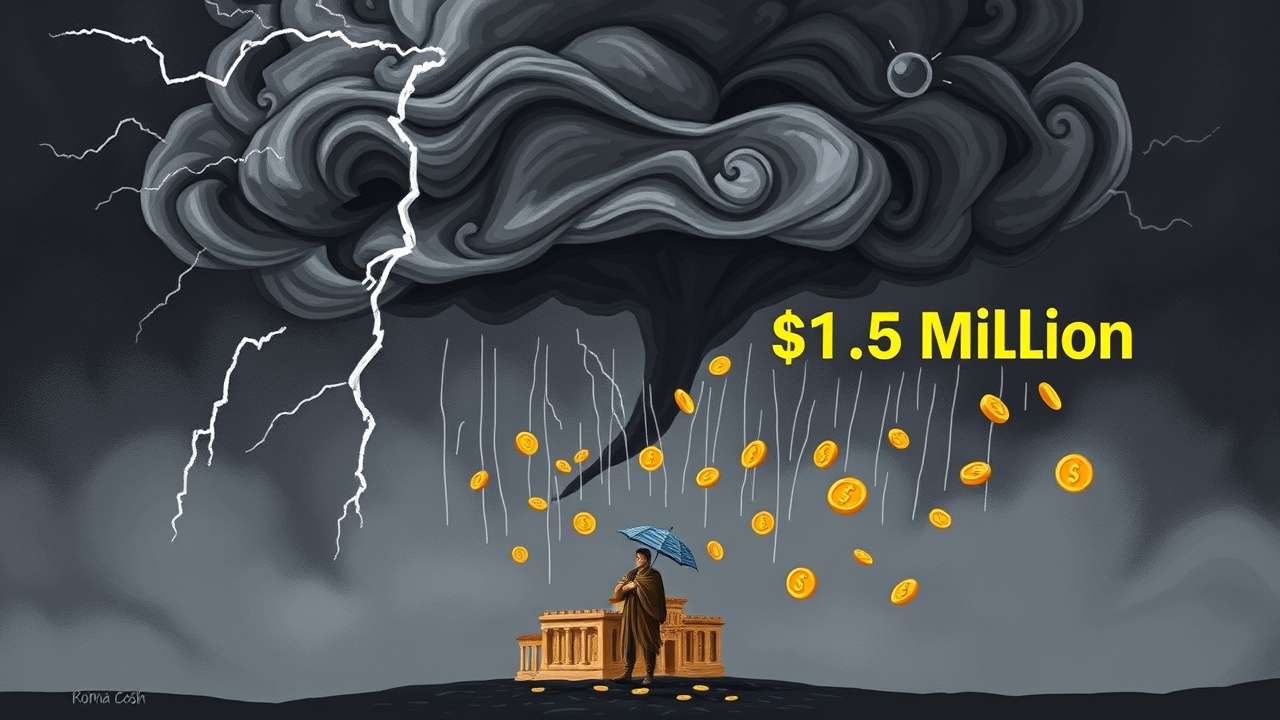Trial of Roman Storm: Legal Expenses and Community Support
As the trial of Roman Storm, one of the key developers of the Tornado Cash protocol, progresses into its third week, he is appealing for an additional $1.5 million to manage increasing legal expenses. In a recent post on X, dated July 26, Storm expressed the urgency of his situation, stating that costs have been accumulating rapidly. He noted,
“It sounds crazy, but I need again ~$1.5mm,”
adding that his legal team has been tirelessly working, often sacrificing sleep for the case. The crypto community has already rallied around him, contributing over $3.9 million to fund his legal defense since the trial commenced on July 14 in Manhattan, New York.
Legal Implications and Background
The stakes of Storm’s legal battle are high, as the outcome could set a significant precedent regarding the legality of open-source privacy tools such as Tornado Cash. These tools have faced scrutiny for their association with criminal activities, notably with the North Korean group Lazarus, prompting the U.S. Treasury’s Office of Foreign Assets Control (OFAC) to impose sanctions on Tornado Cash in August 2022. However, those sanctions were lifted in January after Tornado Cash users launched a civil lawsuit against OFAC, leading to the protocol being removed from the blacklist in March.
Current Legal Fund and Defense Strategy
Amid the legal turmoil, Storm’s defense team has successfully raised over $3.2 million towards a new goal of $5 million for his legal fund, while the Ethereum Foundation has also met its target of $750,000 to aid in the defense.
Prosecution and Defense Arguments
In the courtroom, the prosecution accuses Storm of conspiring to launder money, violating U.S. sanctions, and managing an unauthorized money-transmitting business linked to his involvement with Tornado Cash. Conversely, Storm’s lawyers maintain that Tornado Cash operates as a decentralized protocol that functions outside of his control, asserting that developers of software designed for anonymization aren’t categorized as money transmitters according to a 2019 guidance from the Financial Crimes Enforcement Network (FinCEN). They further argue that the ability to write and disseminate code is protected under the First Amendment as a form of free speech.
Broader Context: Co-Creators’ Situations
The impact of Storm’s case is compounded by the situation of his fellow co-creators. Alexey Pertsev, who helped to build Tornado Cash alongside Storm and Roman Semenov in 2019, was convicted of money laundering in May 2024 in the Netherlands, where he is appealing his sentence while under strict conditions, including electronic monitoring. Semenov, meanwhile, is evading capture and is listed as wanted by the U.S. Federal Bureau of Investigation (FBI).




